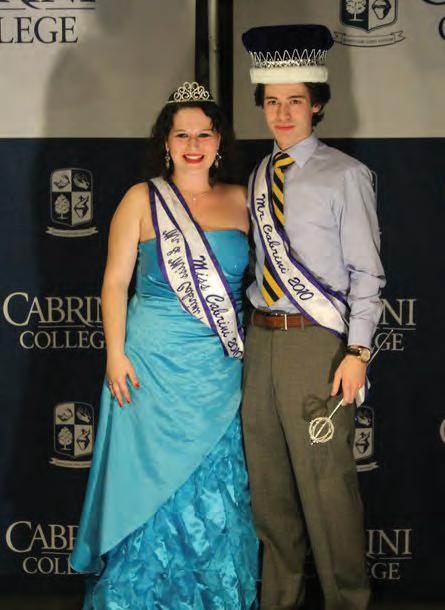
1 minute read
Student action needed to end conflict minerals
Our Mission Statement
THE LOQUITUR: YOU SPEAK, WE LISTEN.
Advertisement
The Loquitur is Cabrini College’s weekly, student-produced campus newspaper. It is the voice of students, staff, faculty, alumni and many others outside the Cabrini community.
The Loquitur has earned its position by advocating for self expression through freedom of speech and by serving as an outlet for readers to affect change on campus and off.
Founded in 1959, the Loquitur has thrived and greatly expanded its readership. The paper now has over 4,500 online readers and 1,500 print readers on a weekly basis.
Our mission is to provide readers with an opportunity to voice their opinions freely, in an environment where their voices are effectively heard and respected.
Letters To The Editor
because of the genocide occurred, the soldiers moved and began controlling the mines.
Why does this matter? It could escalate and become a battle of territories, involving surrounding nations in Africa, creating another war, which the already unstable countries of Africa do not need.
The instability of an African country can lead to extremism and terrorism which, as we know all too well, is not in the best interest of the U.S.
Consumers can raise their voices, asking their representatives to fund the Frank-Dodd bill and not just support it with words. This bill has companies leave a paper trail of where their materials are coming from.
The Loquitur wants you to make your voice heard and let President Obama and our representatives know our thoughts. If our senators feel the heat from the consumers then the government will document where the minerals are coming from. How- ever, the push needs to be from the consumers.
Help the Congolese miners who are crying out for help. Their problems cannot continue to go unnoticed.
In the next few minutes when you pick up your cell phone, remember the bloodshed behind your pocket-sized piece of technology. Help to break the cycle.
For more in-depth information about the topic see the story on page 1.






